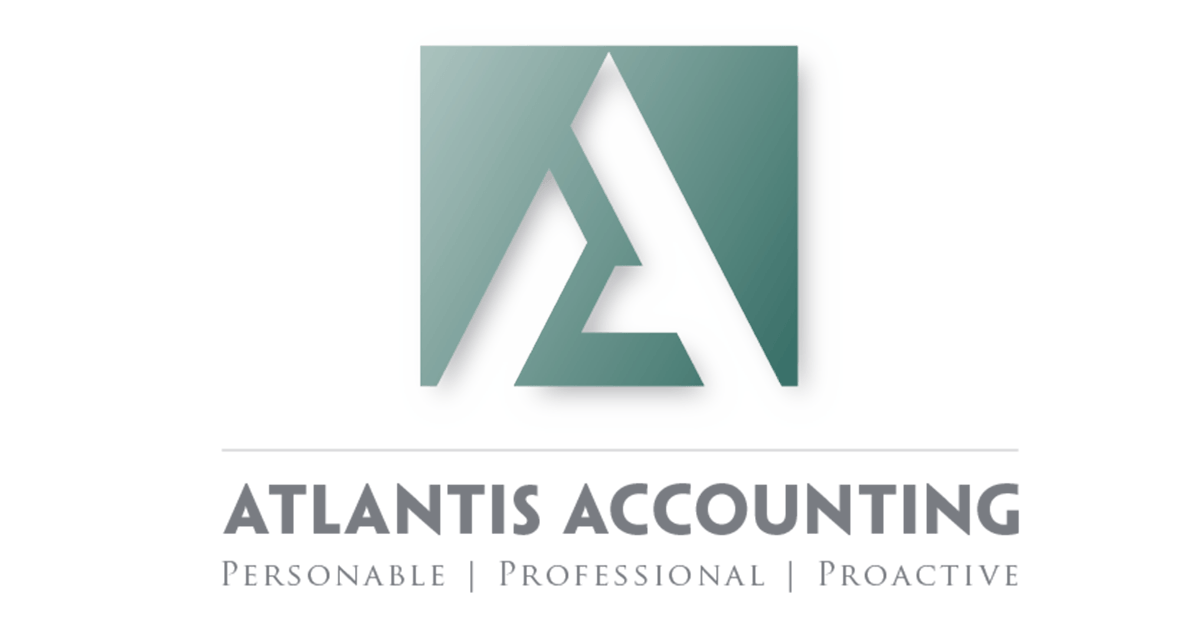





Meet architect – Anthony – after working for an architect firm for a decade, he now decides to hang out his own shingle. He plans to rent office space and hire an assistant. After putting his projected revenue and expenses on paper for the next five years, he is confident that the business’ cash flow is healthy, and his bottom-line projects will grow about 15% per year. The first question is: what business structure shall he use for his new company?
He could choose to be a sole proprietor which I wouldn’t recommend, first and foremost because he will not have a separate business entity to shield him from potential liabilities arising from business’ creditors/clients.
Alternatively, Anthony could set up a single member LLC – which is easier to manage, with tax and business benefits. For details please refer to my article, Small Business Income Tax Summary – Part 1 for Sole Owner.
Based on the projected cash flow, the amount of experience that Anthony has had, and if he has no intention to take his company public in the future, I would most likely suggest setting up an S corporation. In my personal opinion, once he pays himself salary up to a “reasonable” amount, instead of giving himself a raise and pay more payroll taxes; the rest of business profit could be distributed through his k1 and then taxed on his personal income tax returns.
How to qualify and set up an S Corp?
Below is a direct quote from the IRS’ website:
“S corporations are corporations that elect to pass corporate income, losses, deductions, and credits through to their shareholders for federal tax purposes. Shareholders of S corporations report the flow-through of income and losses on their personal tax returns and are assessed tax at their individual income tax rates. This allows S corporations to avoid double taxation on the corporate income. S corporations are responsible for tax on certain built-in gains and passive income at the entity level.
To qualify for S corporation status, the corporation must meet the following requirements:
What does “S” Corporation mean?
American companies have the choice to be taxed at either the corporate or at the shareholder level. Those who choose the shareholder option are called S corporations. The letter “S” is referred to as the Subchapter S of Chapter 1 of the Internal Revenue Code.
Examples of pass-through:
If an S corporation donates money to charity . That item is reported as a charitable donation on the Schedule k-1. The shareholder would report his portion of the charitable donation as an itemized deduction for charity on his/her personal return.
The pass-through treatment of items passed on the characteristics and the shares (for sole owner is 100%) of income, losses, deductions, and credits.
More good news:
After the tax year of 2018, S corporation shareholders could potentially reduce the income that flows through from their S corporation by 20%. This is commonly known as the Qualified Business Income Deduction, or 199A deduction.
What is “Reasonable” Salary
As mentioned above, after he is paid a “reasonable” amount of salary, the rest of the business profit could be passed on to his own returns to skip paying self-employed taxes. So, what is construed as reasonable pay? $50,000 is out of the question. But how about $150,000 or $200,000? Would you pay the same if you hire someone with similar background / experience? If a 3rd-party salary survey could be obtained as a supporting document; it will be helpful in case the IRS questions it.
Cost Basis in an S Corp
The shareholder’s basis is his capital contribution plus his share of company profit minus applicable business loss and his distribution. Even though the shareholder of an S corp. didn’t receive those profits, each will still have to pay taxes on what he is entitled to.
S-corp Federal Taxes Returns due date
S corporation tax return, Form 1120S, is due March 15 for those who operate on a calendar year basis. The due date is the 15th day of the third month following the end of the fiscal year if S-corp. chooses a fiscal year.
Regardless of your business structure, we recommend using software such as: Quickbooks Online to keep track of everything you need to file your taxes. This accounting software tracks all income and expenses for the businesses to fill out S-corp. tax returns.
If you need a consultation or a second opinion, here is the link to access my appointment calendar, https://square.site/book/9AXE057BXPYYG/annie-hung-scanga.
———————————
Disclaimer:
To the best of my knowledge and effort, I wrote this article in general terms as each person’s situation varies. Tax laws do change from time to time. No guarantee is made or claimed through this article. Personalized advice is recommended to consult’s one’s own advisor or contact the author.





Thank you for contacting us.
This is an auto-resonder message to let you know that we have received you message. We will get back to you as soon as possible.
We have been providing expert accounting services to Central New Jersey for more than 20 years.
Princeton Forrestal Village
116 Village Blvd, Suite 200
Princeton, NJ 08540
609.212.4119
Mack Cali Center III (South Tower)
140 E Ridgewood Ave., Suite 415
Paramus, NJ 07652
201.694.6251